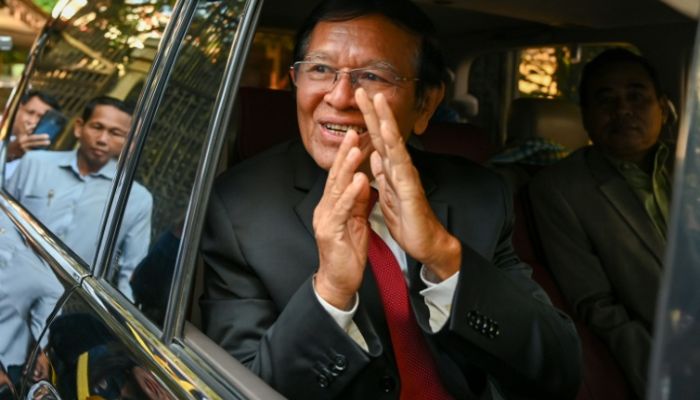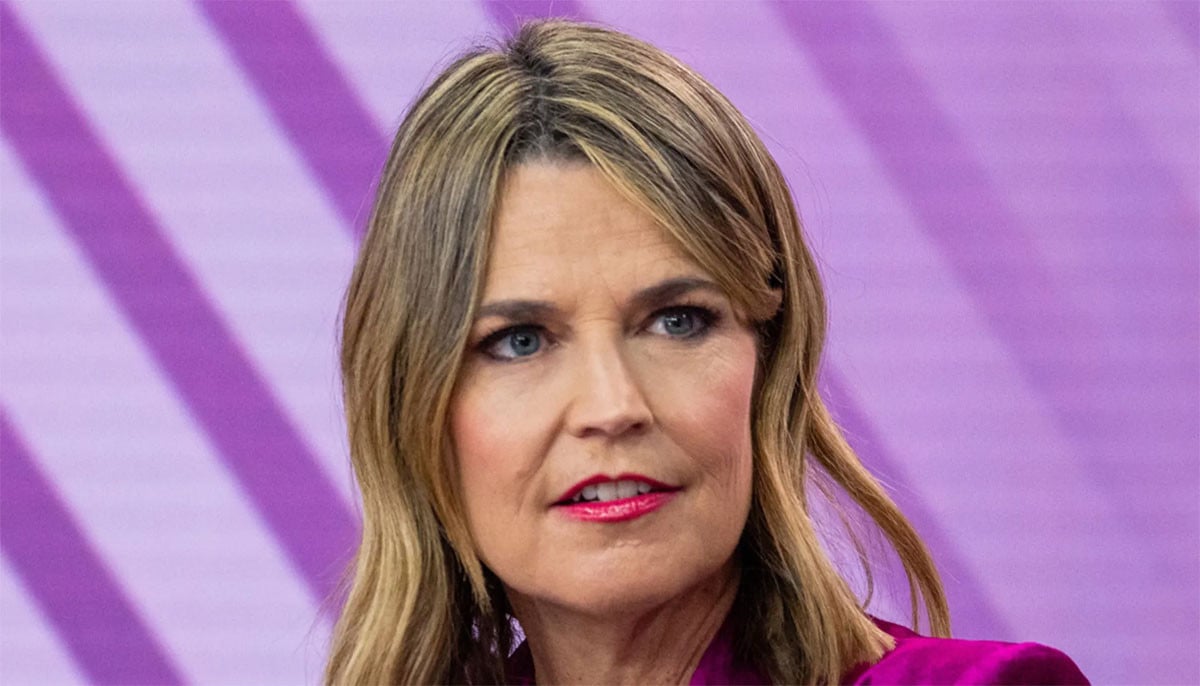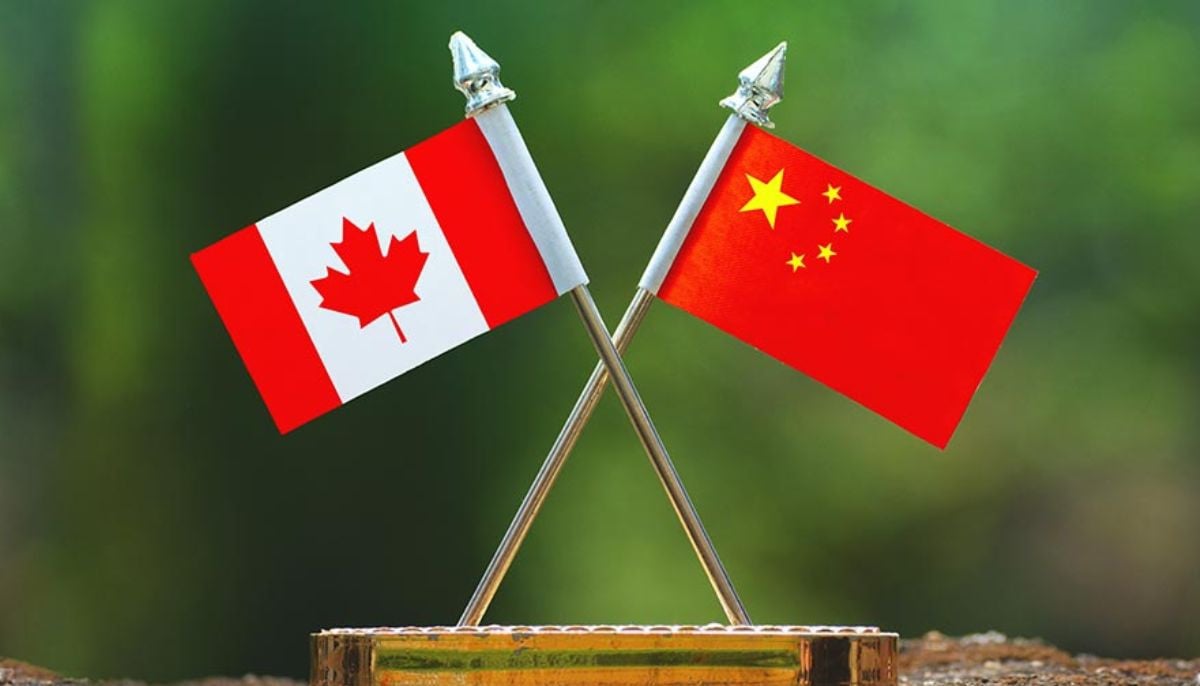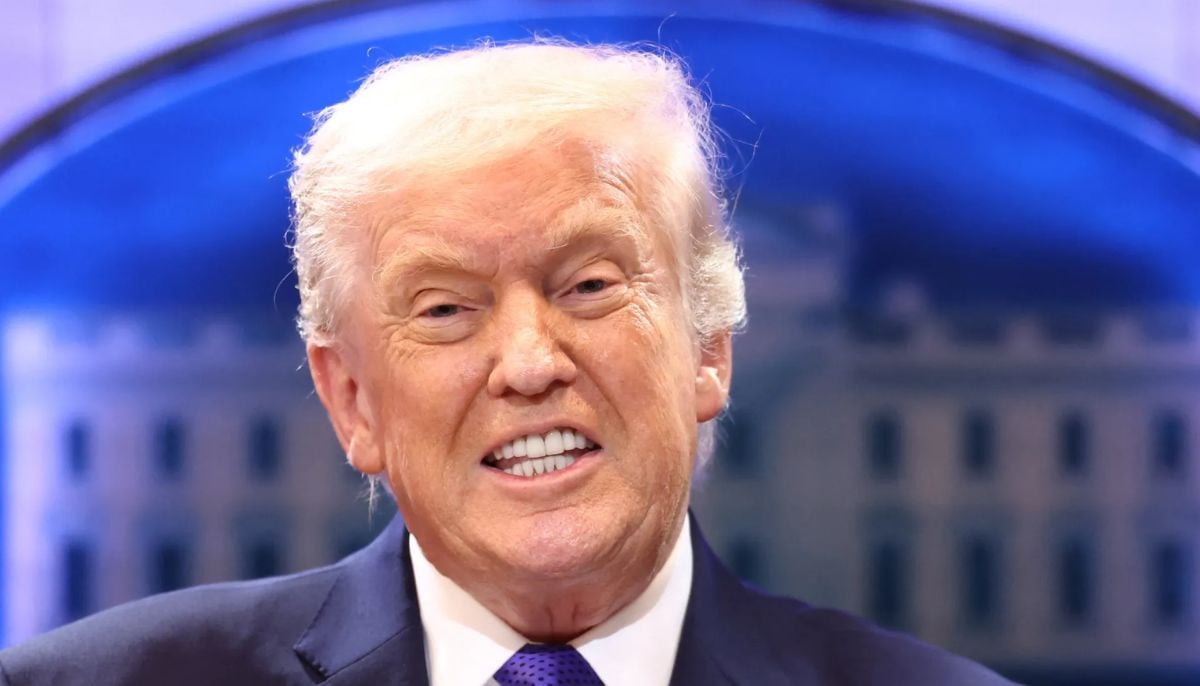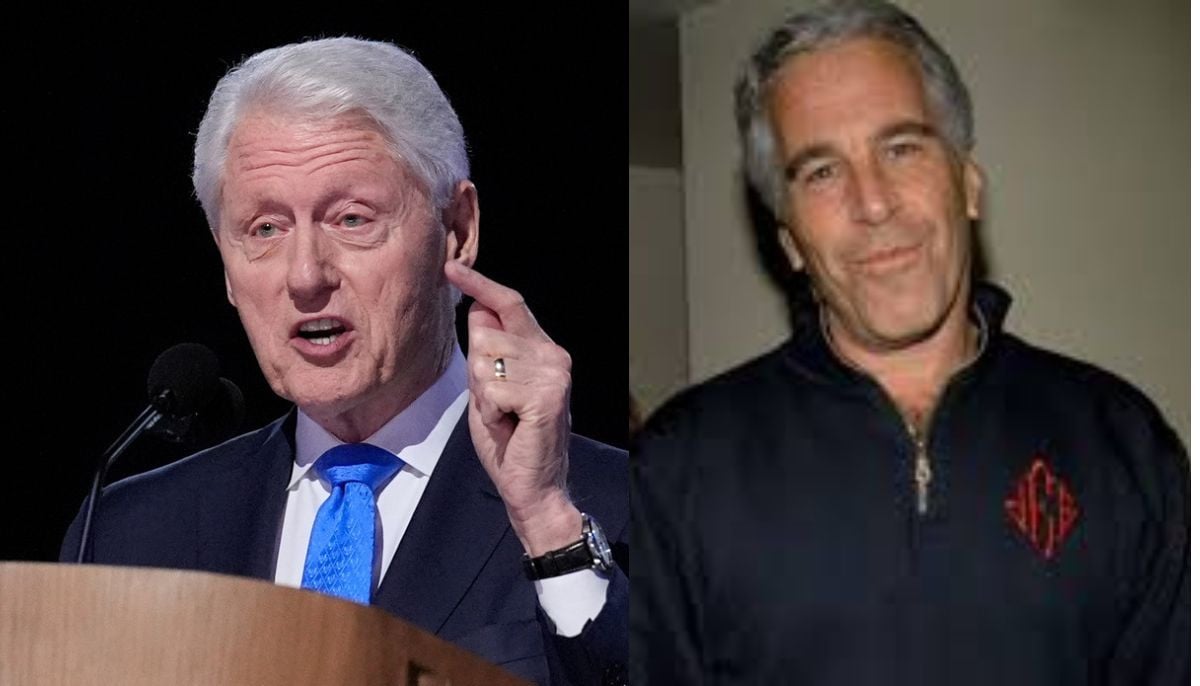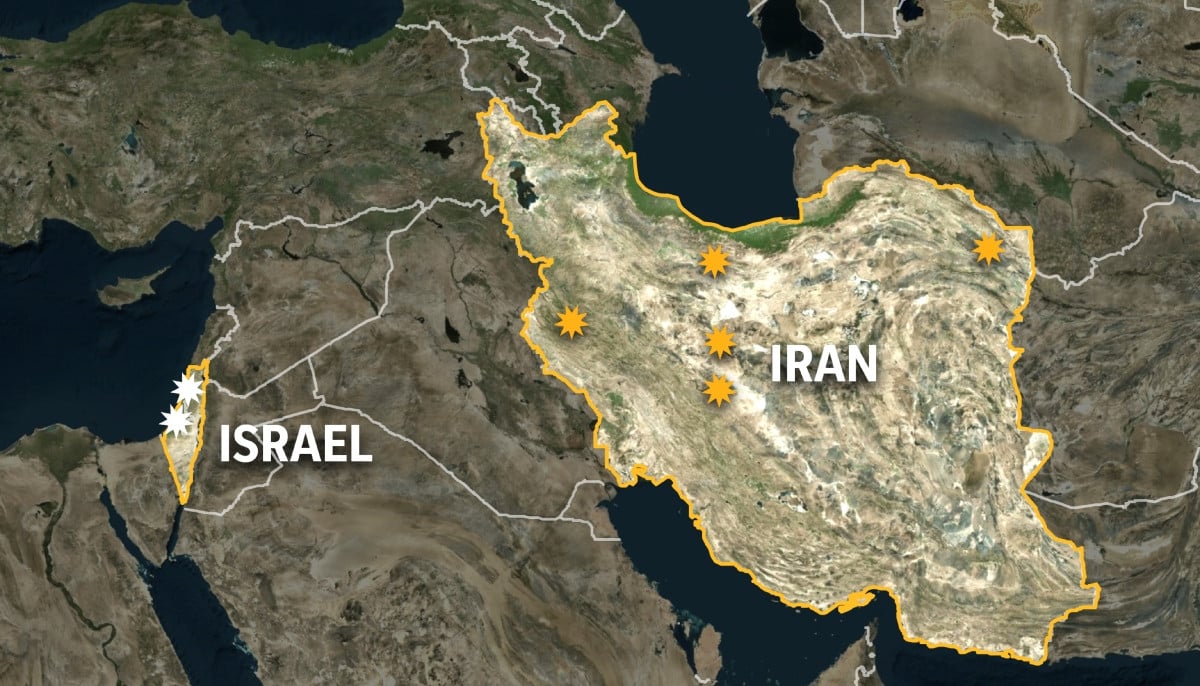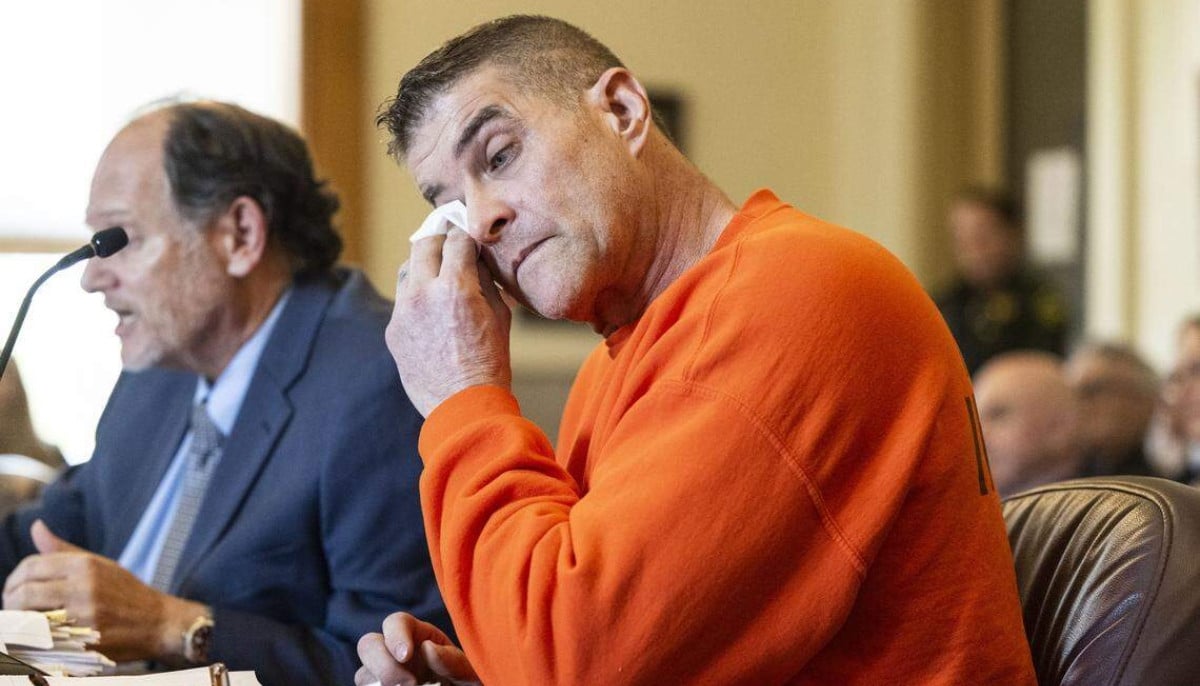Kem Sokha: Cambodia opposition leader jailed 27 years for treason
As Kem Sokha was led away from the court he smiled and greeted diplomats attending the court, an AFP reporter said
Top Cambodian opposition leader Kem Sokha was Friday sentenced to 27 years in jail for treason in a case denounced as a "miscarriage of justice".
Arrested in 2017 in a midnight swoop involving hundreds of security forces, Kem Sokha was accused of hatching a "secret plan" in collusion with foreign entities to topple the government of longtime Prime Minister Hun Sen.
The 69-year-old co-founder of the now-dissolved Cambodia National Rescue Party (CNRP) has long been a prominent adversary of Hun Sen, who critics say has wound back democratic freedoms and used the courts to stifle opposition.
Kem Sokha has repeatedly denied the charges against him, which rights groups say were designed to bar him from politics ahead of July elections.
Immediately after the verdict at the Phnom Penh court, he was placed under house arrest and banned from meeting foreigners and anyone who is not a family member without permission of the court.
US ambassador W. Patrick Murphy, who was at the court, slammed the trial and sentence as a "miscarriage of justice."
"The United States is deeply troubled by the conviction of respected political leader Kem Sokha," he told reporters.
Last August, US Secretary of State Antony Blinken met Kem Sokha during a visit to Phnom Penh, where he also raised concerns about the kingdom's ailing democracy in talks with Hun Sen.
Phil Robertson of Human Rights Watch said the verdict shows "authoritarians have won" in Cambodia.
"This is Cambodian democracy hitting rock bottom," he told AFP.
As Kem Sokha was led away from the court he smiled and greeted diplomats attending the court, an AFP reporter said.
"I cannot accept this ruling," supporter Chea Samuon told AFP outside the court, where there was a tight security presence.
"It is very unjust for him and the people. He is not guilty, this is political pressure."
Kem Sokha has one month to appeal the conviction and jail sentence.
The court also stripped him of his right to vote and barred him from running for political office.
'Squashing any hope'
Two months after Kem Sokha's arrest in 2017, Cambodia's Supreme Court dissolved the CNRP, once considered the sole viable opponent to the ruling Cambodian People's Party (CPP).
That paved the way for the CPP and Hun Sen to win all 125 parliamentary seats in 2018, turning the country into a one-party state.
Scores of opposition figures were convicted of treason last year, some in absentia — the latest squeeze on opponents ahead of elections.
Last month, Hun Sen ordered the shutdown of one of the country's few remaining local independent media outlets after taking issue with a news report about his son.
Kem Sohka's trial illustrated the "frightening problem of the state control of the judiciary", said Chak Sopheap, executive director of the Cambodian Center for Human Rights.
"Sending Kem Sokha to prison isn't just about destroying his political party, but about squashing any hope that there can be a genuine general election in July."
Amnesty International said the use of the courts to hound opponents of Hun Sen "knows no limits".
"The Cambodian justice system has once again shown its jaw-dropping lack of independence," Amnesty International deputy regional director Ming Yu Hah said.
Exiled opposition figure Sam Rainsy — who has lived in France since 2015 to avoid jail on a number of convictions he says are politically motivated — said the trial was based on "fabricated charges."
"I salute the courage and dignity of Kem Sokha," he told AFP
-
Savannah Guthrie speculations 'sadly' coming true about mother Nancy
-
Trump administration warns of slow payouts for tariff refunds amid intensifying trade disputes
-
‘I saw nothing’: Bill Clinton denies knowledge of Epstein’s crimes in House testimony
-
Israel launches attack on Iran's capital and declares state of emergency
-
At least 15 dead after military plane carrying new banknotes plunges out of control in Bolivia
-
Daniel Serafini gets life without parole in in-laws murder and attempted murder case
-
Nakiska Ski Area avalanche leaves youth unresponsive, second skier escapes unhurt
-
Igor Komarov missing in Bali: Seven foreign suspects arrested in kidnapping probe
